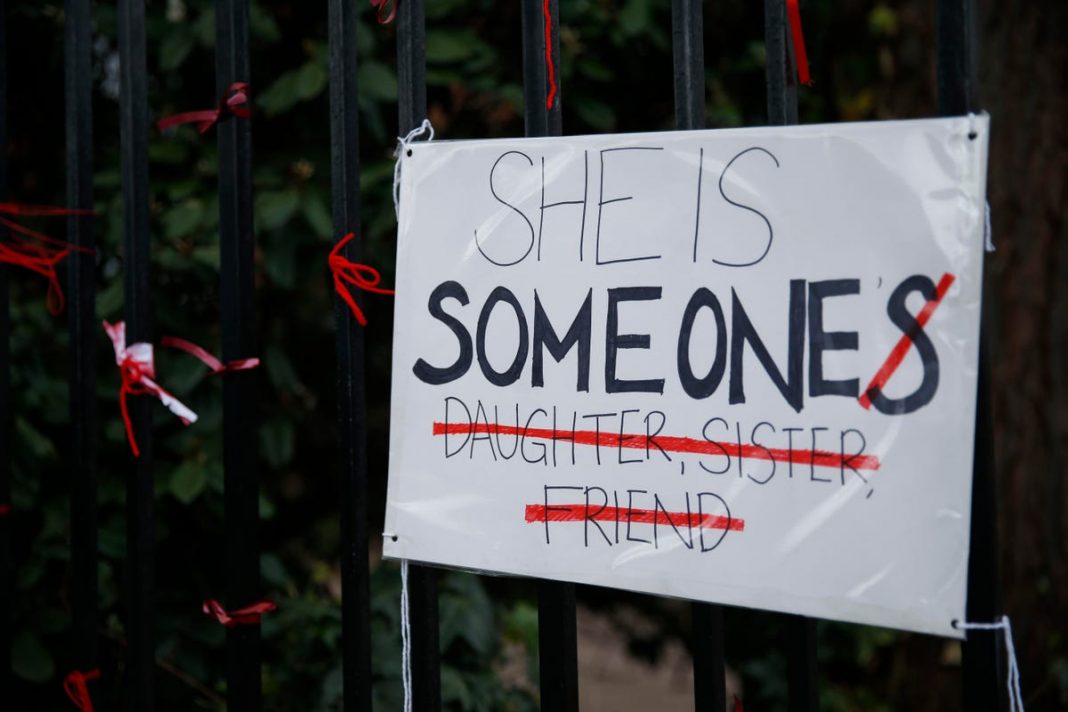“Globally, 1 in 3 women and girls has been subjected to gender-based violence, and 1 in 10 girls has been a victim of rape” says a new report produced by U.N. Special Rapporteur on violence against women, its causes and consequences, Dubravka Šimonović, for the U.N. Human Rights Council. Despite rape being criminalized in a large number of States, it remains one of the most widespread crimes. Furthermore, “the majority of perpetrators enjoys impunity and the majority of women victims [do] not report it.” One of the reasons for this poor response to a serious and widespread crime is the law itself.
International law on rape, whether human rights, humanitarian or criminal law, have advanced significantly over the past few decades. These developments have resulted in advanced standards on the criminalization and prosecution of rape. However, these international standards have not been fully incorporated at the national level. Commenting on the laws on rape around the world, in her report, Dubravka Šimonović identified several shortcomings in the law and made recommendations to address them as a matter of urgency. These recommendations are to provide a comprehensive legal framework for dealing with the crime.
A placard saying ‘She is Someone’ attached to the fence outside James Allen’s Girls’ School (JAGS) … [+]
Getty Images
Among others, the report stresses the need to criminalize rape using a definition of rape that is broader than currently used and covers all persons. Indeed, in close to a third of States the definition of rape is still a gender-specific crime covering only women victims. While women constitute the largest percentage of victims of rape, men are victims of the crime too. Furthermore, in many countries, the definition does not go far enough to incorporate all acts of penetration of a sexual nature.
As the report recommends, the definition of rape should center around the issue of lack of consent. However, as it stands, many States base their definition of rape on the use of force and coercion. A proof of force and coercion is required as well. For example, as the report states: “In Yemen, the law establishes that without a confession from the perpetrator, a rape victim must provide four male witnesses to establish that the offense had been committed. This requirement makes most rape cases impossible to prove, owing to the circumstances in which rape usually takes place.”
Furthermore, in 43 States marital rape is explicitly excluded from criminalization, including in Bangladesh, India, Iraq, Jordan, Lebanon, Nigeria, South Sudan, and the Syrian Arab Republic. Similarly, many countries continue to have the so-called “marry your rapist” laws, namely, laws that enable perpetrators to marry their victims and so avoid any penalties for their crime. Indeed, in April 2021, the U.N. Population Fund published a report indicating that this is still the case even today in Bahrain, Iraq, Kuwait, Philippines, the Russian Federation, Serbia, Tajikistan and Thailand, Algeria, Angola, Cameroon, among others. In some of these countries, such marriage could even overturn a conviction. States must repeal all these laws that discriminate against women and enable or contribute to impunity for rape.
The report further provides several recommendations for States to ensure adequate services and support to victims of rape, including “rape crisis centers, protection orders and interim relief measures in the context of both peace and conflict, including reparations to victims, in accordance with international human rights standards and reports.” Unfortunately such assistance is often not available, especially in conflict scenarios. Indeed, as in the case of survivors of rape and sexual violence perpetrated by the Burmese military, there were severe barriers to the provision of medical care that have not been addressed years after the atrocities. In relation to reparations, the Global Survivors Fund was specifically established to provide survivors of conflict-related sexual violence with reparations and other forms of redress, especially where the perpetrators or states are unable or unwilling to do so.
Last, but not least, the report recommends that members of the judiciary and legal and law enforcement professionals are provided with training on international human rights standards and jurisprudence with respect to rape. This includes challenging myths and stereotypes that continue to hinder justice.
These are only a few recommendations that could help to change the tide on addressing impunity for rape. Considering the scale of the crime globally, these recommendations should be implemented as a matter of urgency. If the law on rape is inadequate, the path towards justice leads nowhere.




